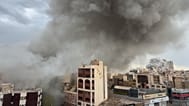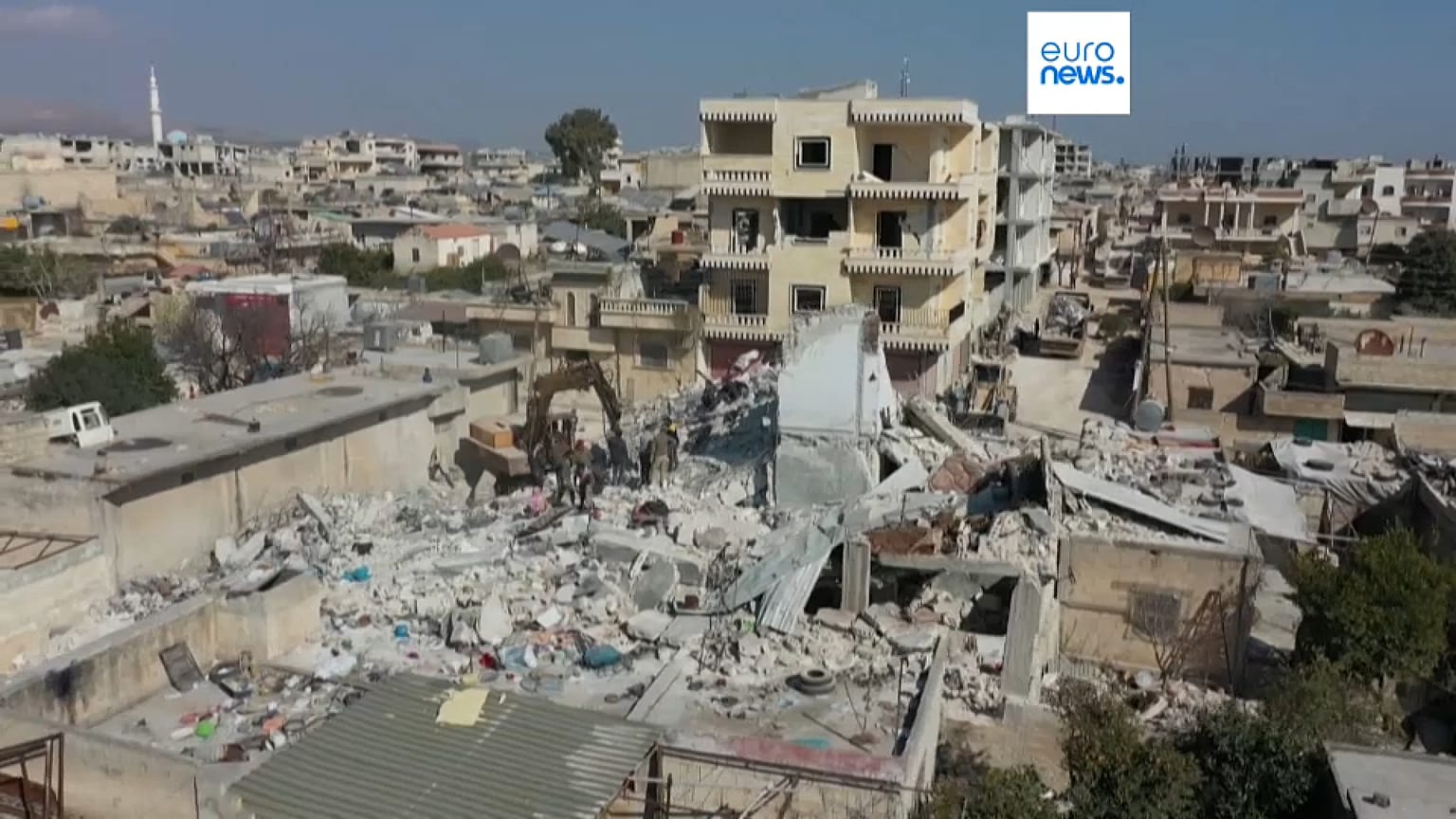The earthquake has dramatically worsened the situation for millions in Syria, as even before the natural disaster they were facing one of the worst economic and humanitarian crises since the civil war began,
Human Rights Watch (HWR) said on Wednesday that the "slow humanitarian response" to opposition-held northwest Syria after the earthquake highlights the "inadequacy" of the UN’s attempts to move aid across the Turkish border, adding that delays are "deadly".
 ADVERTISEMENT
ADVERTISEMENT
 ADVERTISEMENT
ADVERTISEMENT
The Syrian government's authorisation of two more border crossings into northwestern Syria for just three months "is too little, too late", said HRW's deputy Middle East director Adam Coogle.
He added that the Syrian government's "record of obstructing aid, combined with the failure of the cross-border mechanism authorised by the Security Council to meet the urgent needs of Syrians in the besieged northwest, demonstrates that alternative aid systems are necessary.”
In the days after the earthquakes, UN Secretary-General António Guterres and UN humanitarian chief Martin Griffiths called for more cross-border access to people in need.
Griffiths acknowledged on 12 February, six days after the first earthquake, that the UN had "failed" the people of northwest Syria.
Tuesday, a UN convoy entered the opposition-held areas of northwestern Syria through the Bab al-Salam border crossing, a crossing point on the Turkish border that the organisation has been able to use again after several years without access.
Opposition areas in the northern Syrian provinces of Idlib and Aleppo, the hardest hit by the earthquakes, did not receive their first UN humanitarian aid until four days after the disaster, prompting a barrage of criticism of the organisation.
Even before the earthquakes, Syrians were facing one of the worst economic and humanitarian crises since the civil war began in 2011, struggling with a fuel crisis, a cholera outbreak and rising food insecurity.
Most of northwestern Syria's population of about four million was dependent on humanitarian aid before the natural disaster.
"Civilians in these areas are effectively trapped, lack the resources to relocate, are unable to cross into Turkey and fear persecution if they attempt to relocate to government-controlled areas," HRW said.














